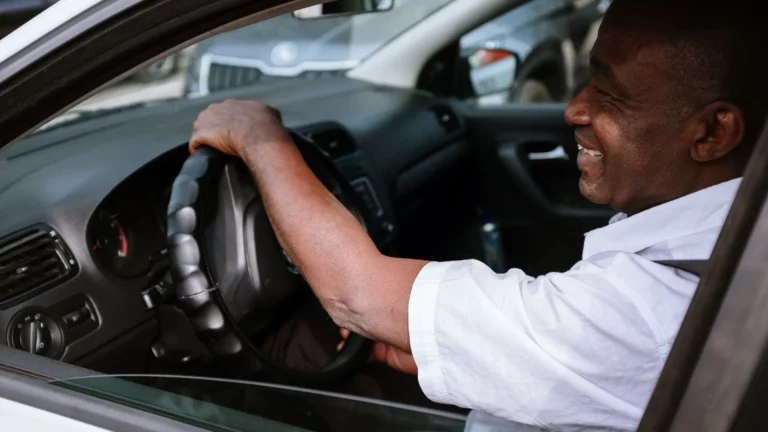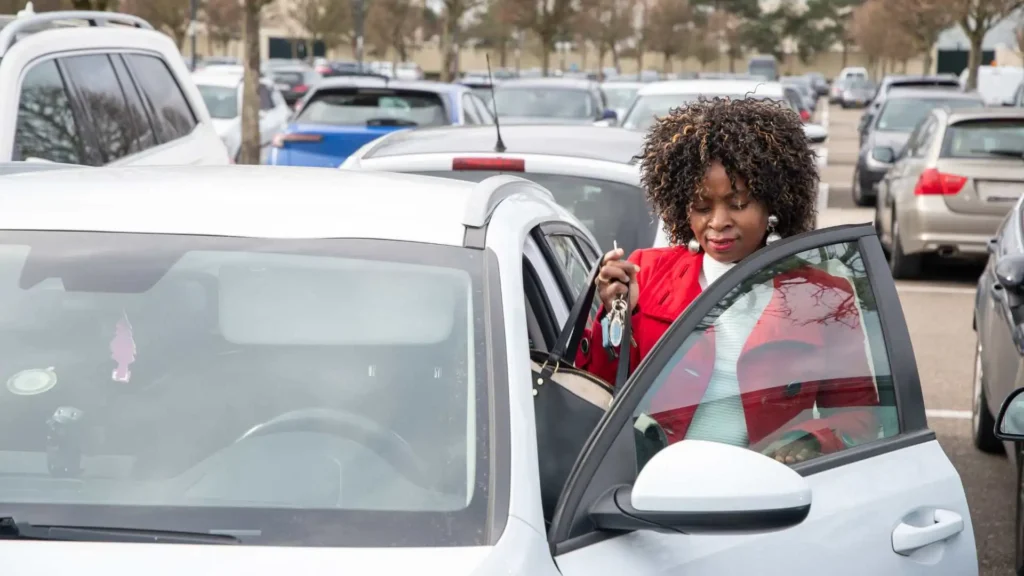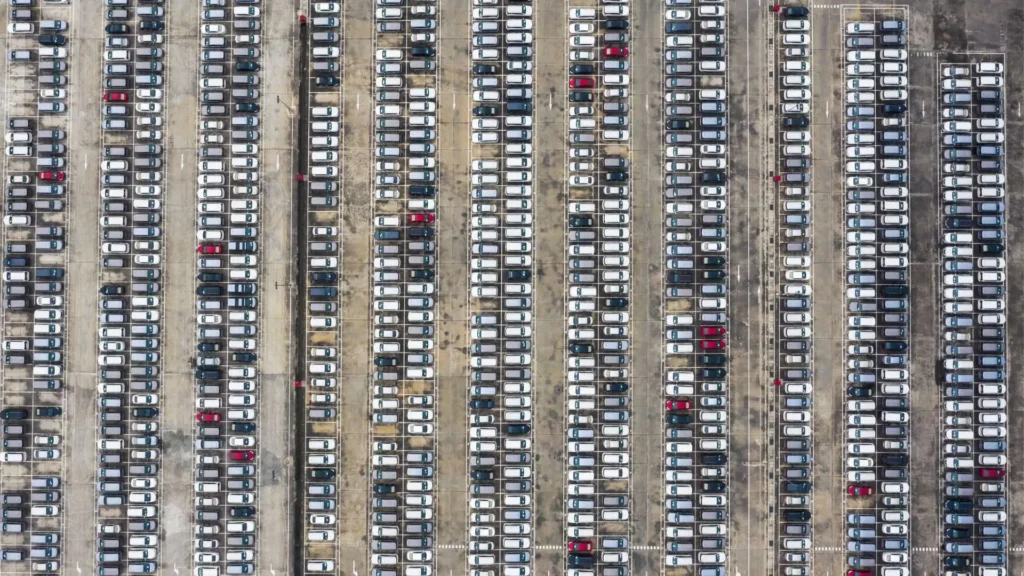When your vehicle is critically damaged in an accident, one question you ask is how much insurance will pay for your totaled car.
Just when you think crashing your car was not enough to spoil your day, your insurance company adds to your misery by deeming your vehicle beyond repair.
However, despite a devastating car accident, there is hope for a silver lining. By selecting the appropriate car insurance coverage, you can return to cruising the open road once again. A suitable range will not let you wonder how much insurance will pay for your totaled car.
What is a Totaled Car
A totaled car is a vehicle that has been damaged to the point where it is no longer repairable or the cost of repairs exceeds the car’s value. When a car is considered totaled, the insurance company will typically declare it a total loss and pay out the car’s actual cash value (ACV) to the insured, minus the deductible.
Who gets the insurance check when a car is totaled
Who receives the insurance check when a car is totaled depends on the ownership status of the vehicle:
If you own the car outright (no loan or lease):
- You will receive the insurance check directly. The insurance company will calculate the Actual Cash Value (ACV) of your car, deduct your deductible, and send you the remaining amount.
- You then have the freedom to use the money to purchase a new car, cover repairs to another vehicle, or for any other purpose.
If you have a loan on the car:
- The insurance company will typically send the check to the lender first. This is because the lender holds a lien on the car title, meaning they have a legal interest in it until the loan is paid off.
- The lender will use the check to pay off the remaining loan balance. If the payout amount is larger than the loan balance, you will receive the remaining funds directly.
- It’s crucial to communicate with your lender promptly about the totaled car to ensure a smooth claims process.
If you lease the car:
- The insurance company will usually send the check to the leasing company. Similar to a loan, the leasing company holds the title and retains ownership until the lease term ends.
- The leasing company will use the check to cover the remaining lease balance. Depending on the specific lease agreement and the payout amount, you might have additional financial obligations to the leasing company.
- Review your lease agreement carefully to understand how totaled car situations are handled and any potential fees or responsibilities you might incur.
When is a Car Considered Totaled?
There are two standard methods used to determine whether a car is totaled. The first method is known as the total loss threshold. It declares a vehicle a total loss when the repair cost exceeds a certain percentage of the car’s actual cash value. The percentage is typically set between 70% and 80% in most states.
The second method is the total loss formula, which is used in states that do not have a set threshold. In this method, the insurance company uses a formula that considers the repair cost and the vehicle’s salvage value. If the sum of these two values exceeds the car’s actual cash value, the car is declared a total loss.
In either case, if a car is declared totaled, the insurance company will pay the car owner the actual cash value. It will not include any deductible the owner may have. The car owner then has two options. They can either keep the damaged car and receive the salvage value or surrender the vehicle to the insurance company, which will sell it for salvage.
What To Do When My Car is Totaled?
After your car has been declared totaled, there are two options. You can either auction it off to a salvage yard or keep it and repair the damages.
The insurance company will auction off the totaled vehicle and keep the money from the sale. However, suppose the law allows you to keep the car. In that case, the insurance company will determine the fair market value bids from different salvage companies. Later, the company will deduct this amount from your payout.
In most states, the title of a totaled car must be changed to a salvage one. It means you can only get license plates once you get the repairs and obtain a new title.
Before you decide on keeping the totaled vehicle, it is essential to consult your insurance provider. They can help you understand the salvage title laws in your state. Remember that rebuilt cars are difficult to insure, especially with comprehensive or collision coverage.
If you caused the accident leading to total loss, your insurance premium will increase. It will rise regardless of whether your car is damaged or totaled. To avoid high insurance rates, comparing rates from multiple companies is advisable, as each one determines rates differently. Comparing rates can help in saving a significant amount of money.

factors used to determine a totaled car’s value
- Actual Cash Value (ACV): This represents the market value of your car before the accident, considering depreciation, mileage, and condition. It’s the main basis for the payout.
- Repair cost: Insurance companies estimate the cost of repairing the damage to bring the car back to its pre-accident condition.
- Salvage value: This is the estimated amount the insurance company can recoup by selling the damaged car for parts or scrap metal.
Additional factors that can influence the ACV:
- Make, model, and year: Newer, popular models typically have higher ACVs.
- Mileage: Higher mileage leads to lower ACV due to depreciation.
- Pre-loss condition: Regular maintenance and any upgrades can increase ACV.
- Location: Local market value of similar cars affects the ACV.
- Accident history: Previous accidents might decrease the ACV.
Will Insurance Pay For My Totaled Car?
To ensure that your car is covered by insurance if an accident results in a total loss, it is crucial to have the right insurance coverage. Industry experts recommend including GAP insurance in your policy if you owe more on your car than its actual value. GAP stands for Guaranteed Auto Protection, and avoiding further payments on a car you no longer possess can be beneficial.
However, remember that the payout from this coverage goes directly to the lender and you may not receive any money from it.
Nevertheless, certain insurance companies provide guaranteed replacement coverage, which entails replacing your car if it’s under three years old. This type of coverage ensures you won’t be concerned about the payout amount for a totaled car, as your new car will be fully covered.
Even if you didn’t get guaranteed replacement coverage for your vehicle, insurance companies can “make you whole” by paying you the actual cash value (ACV) of your totaled vehicle minus your deductible.
What is the Salvage Value of a Totaled Car?
Many insurance companies also consider the car’s salvage value, which is the worth of the car’s parts and metal. It is the amount deducted from the pre-loss value to arrive at the actual cash value (ACV). If the cost to repair the car exceeds the ACV, the car is considered a total loss to help determine how much insurance will pay for the totaled car.
Typically, after your totaled vehicle’s actual cash value (ACV) has been determined, you can expect to receive a payment within a few days.
There are two situations where you may not get the money for your totaled vehicle:
- If you lease the car.
- If you have taken a loan on the car.
If there is any remaining amount, you will receive that. To know when you can expect payment and how long the insurance company will cover the cost of a rental car (if provided), you can speak to your adjuster. They can help you understand how much insurance will pay for your totaled car.

How Much Insurance Will Pay For a Totaled Car?
To determine the worth of a totaled car, insurance companies in some states may use the National Automobile Dealers Association (NADA) rules to decide the vehicle’s value. In other states, a current edition of a nationally recognized compilation of values, including databases, may be used.
Regardless of the method used, several factors are taken into consideration in determining how much insurance will pay for your totaled car. Some factors include the car’s make, model and year, along with its mileage and pre-loss condition. The sales price of cars within the same area is also considered to ensure that the settlement amount is fair and reflects the local market.
What If the Payout is not Justified?
If you believe the insurance company’s payout for your totaled car is unfair, you can dispute it.
One way to dispute the payout is to submit a counteroffer. It is a proposal for a different settlement amount than the insurance company offered. It’s essential to provide evidence to support your counteroffer, such as documentation of similar cars for sale in your area. The insurance company may accept your counteroffer or make a different offer.
If you’re still unsatisfied with the settlement, you may need to hire a lawyer or pursue arbitration or mediation.
Conclusion
You can file a claim if your car is totaled, regardless of fault or amount of damage. Immediately notify the provider to understand how much insurance will pay for your totaled car. It is up to the insurance adjuster to confirm if your vehicle is totaled or if it can be fixed.





























